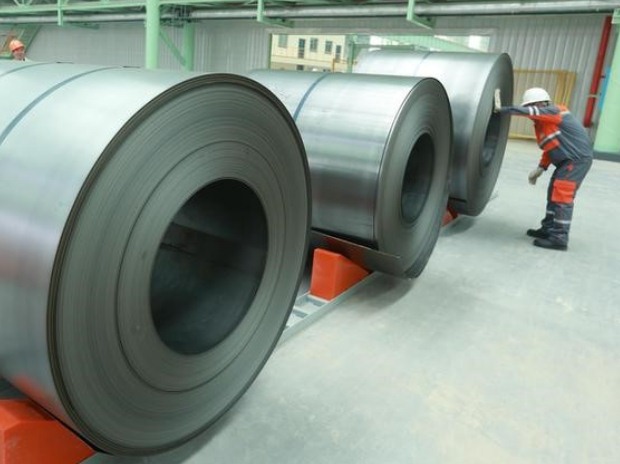Dissent in steel industry on MIP

The government imposed MIP in February on 173 steel products for a period of six months, ending in August
Imposition of a minimum import price (MIP, from February) is not benefiting the entire domestic steel industry. While the measure has led to curtailment of cheaper import to some extent, the move has also increased those of finished goods, idling capacities of small steel manufacturers and downstream industry.
Finished goods such as nails, hangers and fasteners, among others, are being imported in large quantities, said traders. “Steel wire rod, manufactured by all top steel producers here, are being sold at a much higher price than its MIP. Due to this, finished products are finding their way into the country at a much cheaper rate,” said a top official with the Steel Wire Manufacturers Association of India (SWMAI).
The association’s officials have reportedly approached the government with their viewpoint. The government imposed MIP in February on 173 steel products for a period of six months, ending in August.
Currently, wire rods with an MIP of $455 a tonne is being sold above $500 a tonne in the domestic market, while it is available at less than $380 a tonne in the international market, said traders. “Before the MIP imposition, there was a sense of balance for domestic producer pricing. Now, there is no check at all,” said the official.
Steel wires which find application in finished steel products are made from wire rods. In India, all the top domestic producers such as JSW Steel, Tata Steel and the government's Steel Authority of India manufacture wire rods. Total wire rod capacity is 3.5 million tonnes; of wire, 4.5 mt. “Due to the capacity gap, the domestic wire industry has to struggle to get its raw material (wire rod). Now, with prices much higher, it is even more difficult. Consumption is contracting due to high prices and capacity utilisation of small steel manufacturers have come down to 40-50 per cent,” said a Mumbai-based trader on condition of anonymity.
Traders and primary steel producers were unanimous about demand for steel being subdued. “Demand growth for steel in India has not gone up. In flat products, it has dropped below three per cent. In long products, it has remained at four to five per cent,” said Jayant Acharya, director, commercial, at JSW Steel.
Views on pricing in the domestic market vary between producers and traders. “MIP has triggered the containment of steel imports and its continuity is important to ensure stability and curtail cheap imports. However, the domestic price continues to rule lower than the MIP,” said an Essar Steel spokesperson.
“Prices have risen by 20-25 per cent since imposition of MIP. This has also led to demand contraction in the industry,” said an official with trading company Parco Engineers.
The one-sided price revision in domestically produced steel is also hurting the downstream industry, largely micro, small and medium enterprises. “These companies are scattered all over the country, with annual turnover of Rs 5-10 crore. They have no representation. Such downstream firms are simply shutting shop post MIP,” said another official with SWMAI.